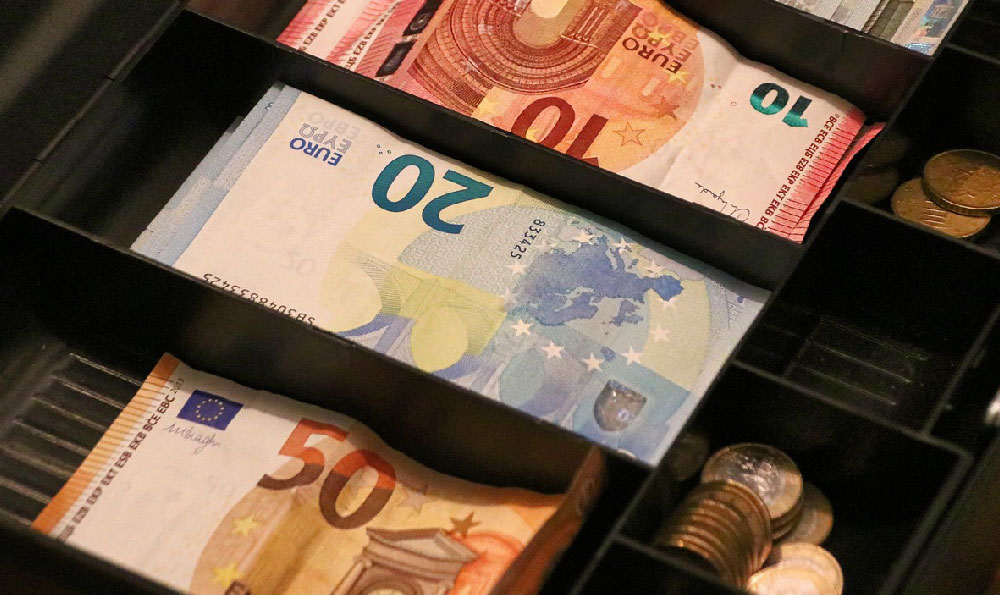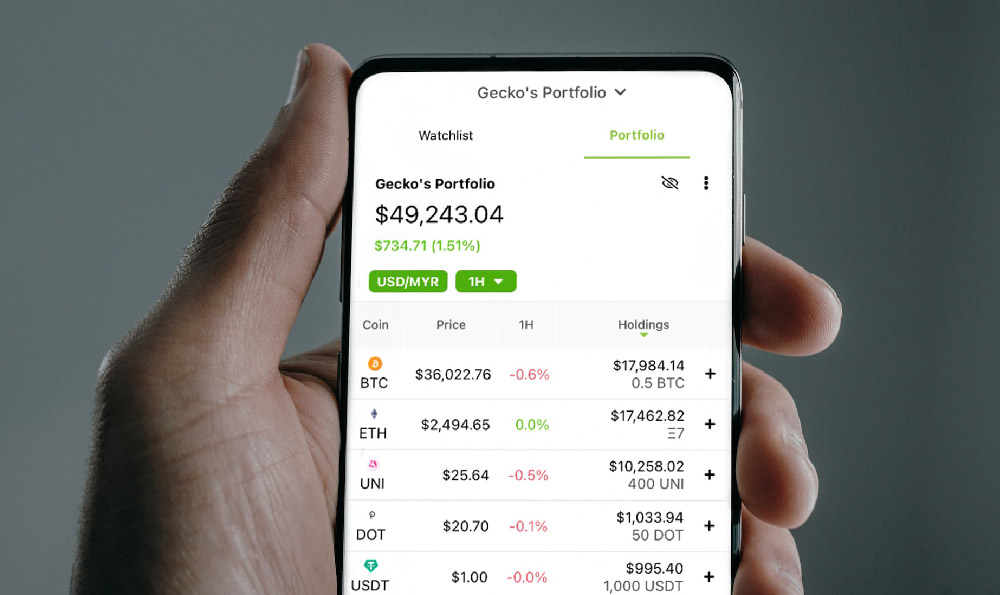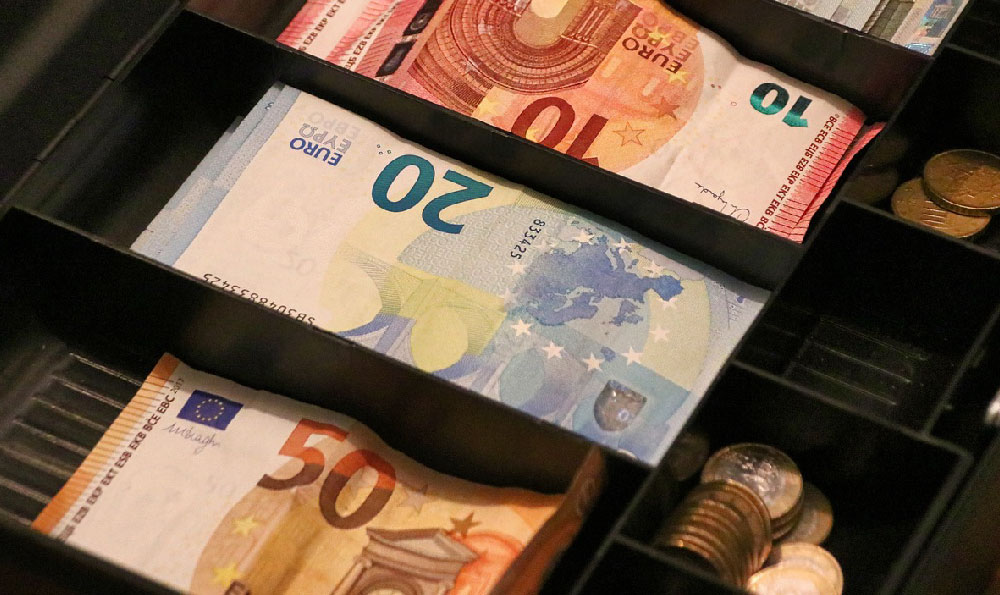"Wicked," the Broadway musical sensation, has not only captivated audiences worldwide but has also proven to be a financial juggernaut. To understand its monumental success, we need to delve into its revenue streams, production costs, and the elements that contribute to its enduring popularity. While an exact net profit figure is closely guarded by the producers, available data and industry analysis allow us to estimate the magnitude of its earnings and pinpoint the key drivers behind its exceptional profitability.
Estimating Wicked's Total Earnings requires piecing together data from various sources. First, ticket sales form the primary source of revenue. Broadway productions publicly release weekly box office figures, and "Wicked" consistently ranks among the top-grossing shows. Over its multi-decade run, it has repeatedly broken box office records, often grossing millions of dollars per week in New York alone. This steady stream of income, multiplied across years, represents a substantial portion of its total earnings.
Beyond Broadway, "Wicked" has enjoyed successful runs in other major cities around the world, including London's West End, Sydney, Tokyo, and numerous touring productions throughout North America and internationally. Each of these productions generates its own revenue, adding significantly to the overall financial success of the musical. Licensing rights for amateur and school productions also contribute to the overall revenue picture, albeit to a lesser extent than professional productions.

Merchandise sales represent another important revenue stream. "Wicked" offers a wide array of merchandise, including CDs, DVDs, books, clothing, and souvenirs. These items are sold at the theaters, online, and in select retail locations, providing additional income that supplements ticket sales. While the profit margin on merchandise may be lower than that of ticket sales, the sheer volume of sales contributes significantly to the overall bottom line.
To assess the actual profitability, we need to consider the costs associated with producing and running "Wicked." The initial production costs for a large-scale Broadway musical like "Wicked" can be substantial, encompassing set design, costume creation, casting, rehearsals, marketing, and advertising. These upfront costs represent a significant investment that needs to be recouped through ticket sales and other revenue streams.
Ongoing operating expenses include theater rental, salaries for the cast and crew, marketing and advertising, royalties, and insurance. These costs can vary depending on the location, size of the production, and the terms of various contracts. However, these ongoing costs are substantial, and effective cost management is essential for maintaining profitability over the long term.
While an exact net profit figure remains elusive, industry experts estimate that "Wicked" has generated hundreds of millions, possibly even billions, of dollars in profit since its debut. This figure reflects the enormous popularity of the musical, its long run on Broadway and in other major cities, and its ability to attract audiences of all ages.
Several factors contribute to "Wicked's" sustained profitability. The show's compelling storyline, based on Gregory Maguire's novel, offers a fresh perspective on the classic "Wizard of Oz" tale, exploring the complexities of good and evil, friendship, and social justice. This theme resonates with audiences of all ages and backgrounds. The musical boasts a memorable and catchy score by Stephen Schwartz, featuring songs like "Defying Gravity" and "Popular," which have become cultural touchstones. The music enhances the storytelling and creates an emotional connection with the audience.
The visual spectacle of "Wicked" is another key draw. The elaborate set design, vibrant costumes, and impressive special effects create a magical and immersive experience for the audience. The production values are consistently high, ensuring that audiences are captivated from beginning to end. The talented cast and crew contribute significantly to the success of "Wicked." The performers bring the characters to life with their exceptional acting, singing, and dancing skills. The directors, choreographers, and designers work together to create a cohesive and visually stunning production.
Effective marketing and promotion have also played a crucial role in the success of "Wicked." The producers have utilized a variety of marketing channels, including television, radio, print, and online advertising, to reach a broad audience. Word-of-mouth has also been a powerful marketing tool, as satisfied audience members recommend the show to their friends and family. Strategic pricing is another element that contributes to profitability. Ticket prices for "Wicked" are generally higher than those for other Broadway shows, reflecting the high demand and the perceived value of the experience. Premium seating options, such as orchestra seats and VIP packages, command even higher prices.
"Wicked's" broad appeal to audiences of all ages and demographics is a significant factor in its sustained success. The show is popular with families, couples, and groups of friends, making it a versatile entertainment option. Its themes of friendship, acceptance, and empowerment resonate with young people, while its sophisticated humor and intricate plot appeal to adults.
Furthermore, the show's clever adaptation of the well-known "Wizard of Oz" story provides a familiar and accessible entry point for audiences. At the same time, it offers a fresh and nuanced perspective that challenges conventional notions of good and evil. Finally, the continued evolution and refinement of the production have helped to keep "Wicked" fresh and engaging for audiences over the years. New cast members bring their own interpretations to the roles, while subtle changes to the staging and choreography keep the show feeling contemporary. The producers have also been proactive in addressing any criticisms or concerns, ensuring that the production continues to meet the expectations of its audience.
In conclusion, "Wicked's" phenomenal financial success is a result of a combination of factors, including a compelling storyline, memorable music, impressive visual spectacle, talented cast and crew, effective marketing and promotion, strategic pricing, and broad appeal. While an exact net profit figure remains confidential, it is clear that "Wicked" has generated hundreds of millions of dollars in profit and continues to be one of the most successful and profitable musicals of all time. The meticulous management of production costs, combined with a strong focus on delivering a high-quality entertainment experience, has ensured "Wicked's" place in Broadway history and its enduring financial success.












